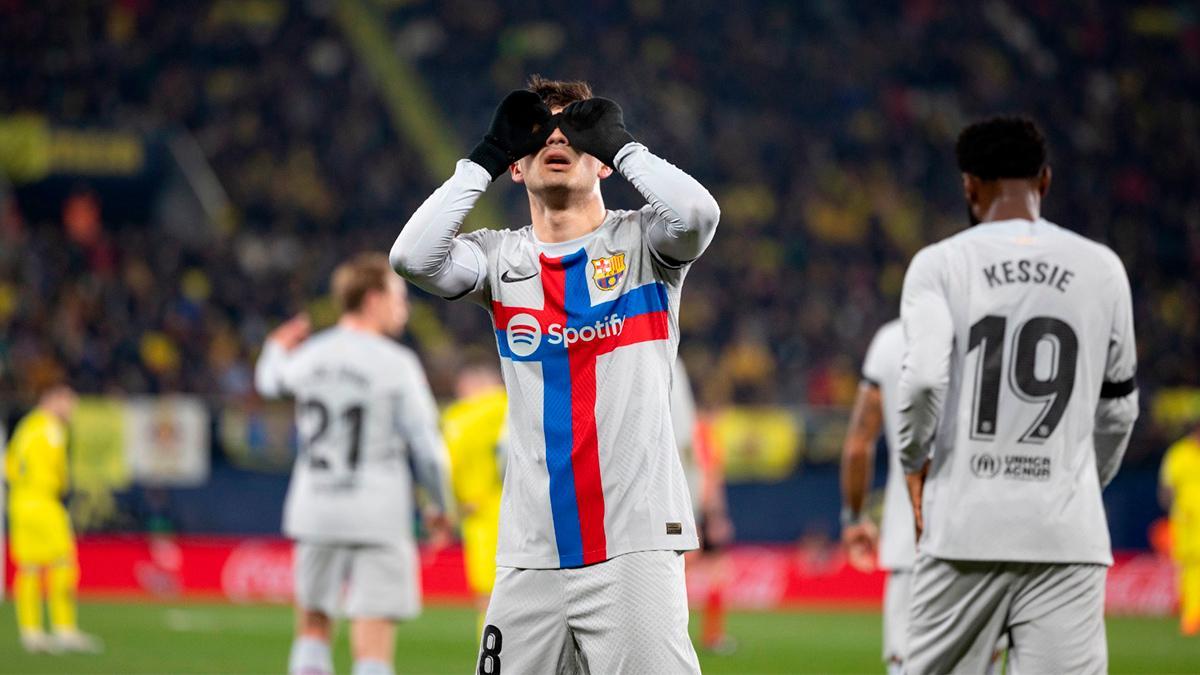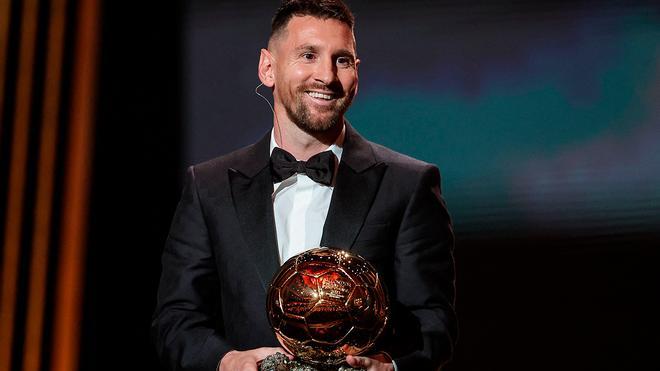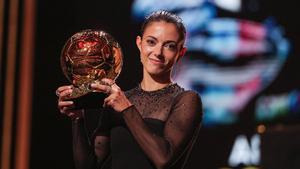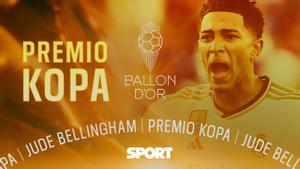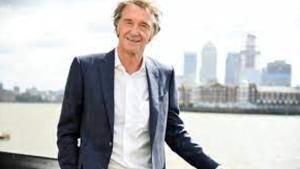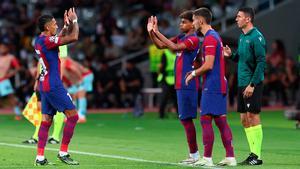Juan Carlos Valeron interview on Pedri, Tristan and much more
The former Deportivo La Coruna and Las Palmas player, now a coach speaks to SPORT
Juan Carlos Valeron (47 years old, born in Arguineguín) recognises the after-effects of his time as a footballer when he gets out of bed. It is common among ex-players: aches and pains that connect with a past of successes but also of injuries. Some, when they hang up their boots, want nothing more to do with the ball. Others, like Valeron, continue to play a few games to kill the bug and decide to return to the pitch as a coach.
As a footballer you had an organised life and were very popular, how was the process of hanging up your boots and having that kind of re-start?
All players go through that phase and it's not easy. At the beginning, it's hard because you have a very set life and you stop doing what has defined your whole life. Then you start to think: what do I do now, where do I go, how do I reorganise myself? I was lucky that I was able to continue working in Las Palmas and I was able to get my coaching qualification. From then on, when I knew which coach I wanted to be, I started to walk.
Did your coaches imagine you sitting in the dugout?
[Smiles]. You'd have to ask them. Because of the way I play and the way I understand the game, many coaches told me that I had a chance. Fernando Vázquez told me: "Don't worry, you just have to develop what you have in your head." Those things help because I'm not here with the intention of succeeding for the sake of succeeding but to offer something of my own.
There are coaches who are flexible with their style and others who are radical, what kind of football does Valeron, as a coach, feel?
A coach has to go for what he feels (is right). If you don't believe it, the players won't follow you. I was lucky enough to meet Guardiola in Manchester for my final coaching course work and we talked about it.
Was it a long meeting?
No, it was a small but very productive chat. We didn't have a lot of time either, I just wanted to have a little chat with him. I was lucky enough to have him as a team-mate in the national team and everyone who has been close to Pep tells you the same thing: you could already see that he had his ideas and that's where he is. What I asked him most about was advice when you start out and try to sort out your ideas; about how to train so that the team behaves on the pitch the way you want it to. He talked to me about common sense and creating a context for the players to express themselves in the best way. At the end of the day it is the players' skills that will solve the situations that the opponents put before you.
What is the biggest challenge for a coach?
I think you have to be prepared to constantly adjust your approach, because football today is very dynamic. We all have our own ideas, but the most important thing is to do what you are most interested in according to the players you have. More than a system, the important thing is to occupy the spaces in a rational way and create partnerships on the pitch.
Míchel, the Girona coach, highlighted a few weeks ago the loneliness of the coach and how he worked with a psychologist.
As a player I never needed to see a psychologist, although I went through complicated situations. In the end it's about each person. When you become a coach, you have to know what you are going to face. I know I'm going to be alone and I'm going to have to manage talents and people. Building a team is about managing personal relationships.
When you ask someone about Juan Carlos Valeron, everyone says you're a great guy. Do you have to be a bit of a bastard to be a good first team coach?
[Smiles]. No, I don't think you have to be a bit of a bastard for anything in life. I have my personality. Conflicts are part of the profession but everyone has their own way of doing things. The important thing is to have clear ideas so that (people) follow you.
Is Pedri reminiscent of Valeron?
[Thinking] It's always difficult for me to make comparisons. But it's true that the players from the Canary Islands have similar characteristics. Silva, Pedri, Moleiro... What makes Pedri special, that I was incapable of, is to do what we did when we'd grown up, but at the age of 18. That's the most difficult thing.
Does Moleiro have Barça level potential?
Potential for sure. It's true that he fits the Barça style and, with the path he's taking, it's going to be difficult for him to stay many years at Las Palmas. Like Pedri, they are special players, different, the kind of players that everyone is looking for.
What makes him special?
All of us who know this profession know how difficult it is to create mismatches, to find space and to be efficient. Moleiro is that kind of player.
Why is there this pattern with players from the Canaries?
Here we have always been a lot of street and beach football. The climate allows you to play a lot and that conditions the characteristics of the players. It's a bit like what happens on the mainland itself: the players in the south have different characteristics to those in the north.
A few quick questions about your time as a footballer. The first one: the player you had the hardest time getting past?
I remember Mario a lot when he played for Valladolid, who was later signed by Barça. I couldn't beat him, there was no way and he didn't need to foul me.
The most banterous player...
Capdevila. He's the teammate I've had who told the worst jokes, but you laughed all the same.
The footballer with whom you've got on the most...
I've always had a very special relationship with strikers. Because of the way I play, probably Tristán and Makaay.
Tristan said in an interview to 'Relevo' that he had a bad reputation at Deportivo, but that the whole team went out, did Valeron go out?
When you're young, of course you go out. What happens is that I did what I did when I could. But football has changed: it's no longer just about going to training and playing matches. It's how you eat, how you rest. If you don't do these things, you don't make it.
The footballer who has impressed you the most...
Roberto Carlos. He had everything. He impressed me with that mix of power and quality. He played with an extra gear.
The player in whom you have seen yourself most reflected....
I was very influenced by players who played in my position like Laudrup, Rui Costa and Aimar. Those who were able to find the pass in the most difficult area of the pitch, where the danger really appears, where you leave your team-mate in front of the goalkeeper.
What is it like to play alongside Djalminha?
When I arrived at Deportivo, a new world opened up for me because that's where I started to get to know players that I call elite. With a very special mentality and characteristics. Djalma, Mauro, Naybet, Donato, Makaay, Fran? That's where you learn the trade. Djalma transmitted a great calmness: he was able to be surrounded by opponents and find solutions. I learnt a lot because we occupied similar spaces and I looked up to him.
The opponent's shirt you have that you treasure most dearly?
Well, I never used to ask for shirts. Because of my shyness, I was embarrassed. And besides, there were always those in your team who were always hoarding them. But I have a very special Iniesta shirt for myself, from my last year as a professional when I went to Barcelona.
One decision you've regretted in your career?
I've made mistakes, but I don't regret anything, because I've always tried to see what they've served me for. I'll stick with what a friend of mine always tells me: experience is not what happens to you, but what you do with it.
